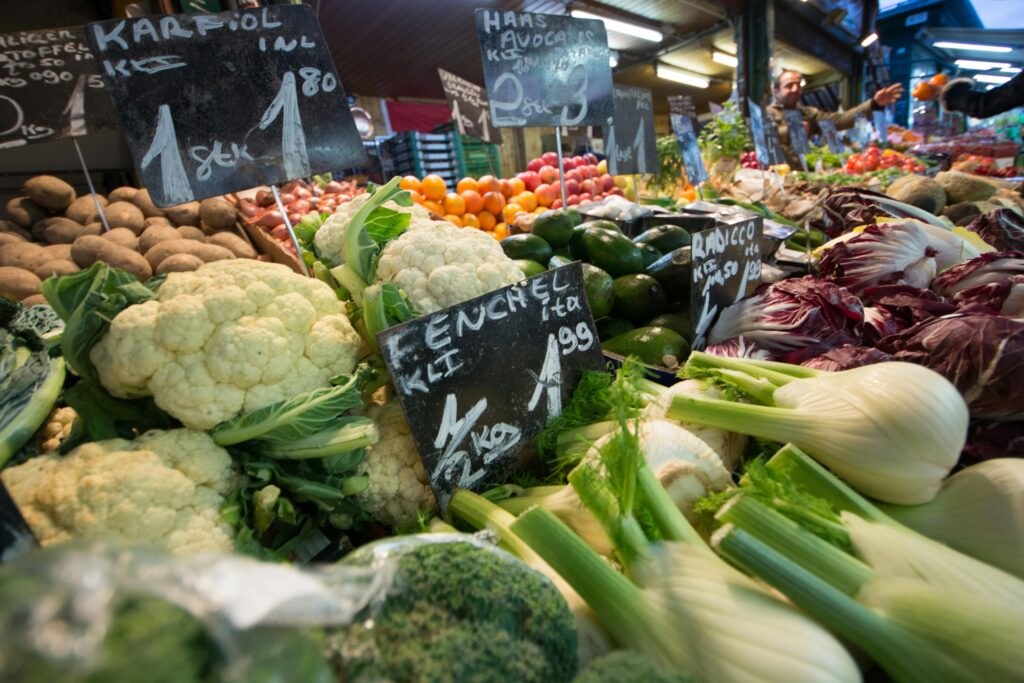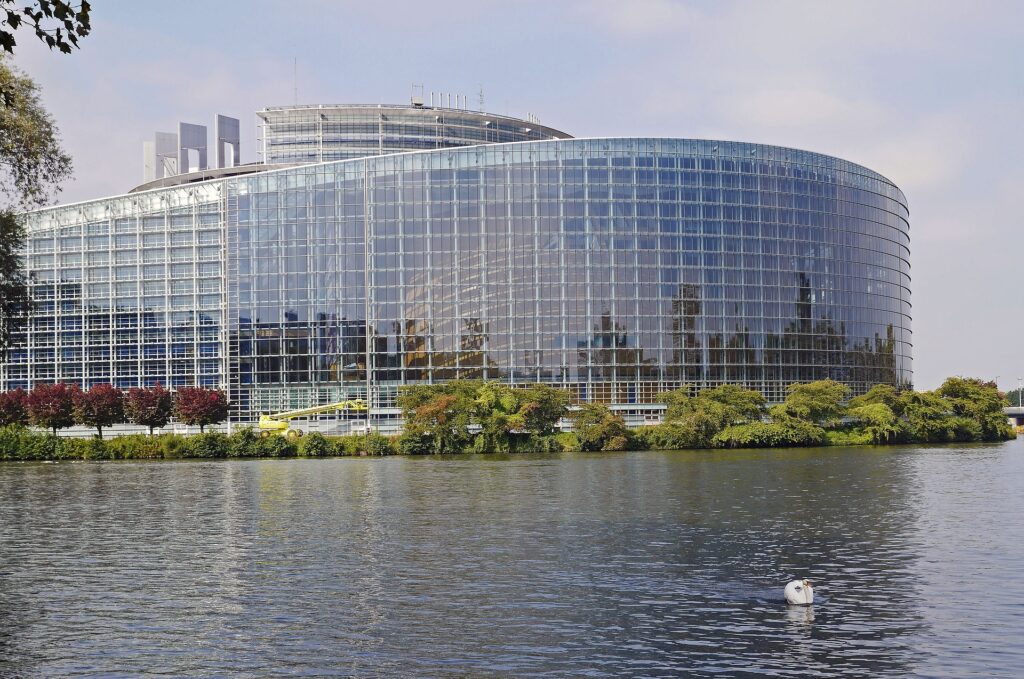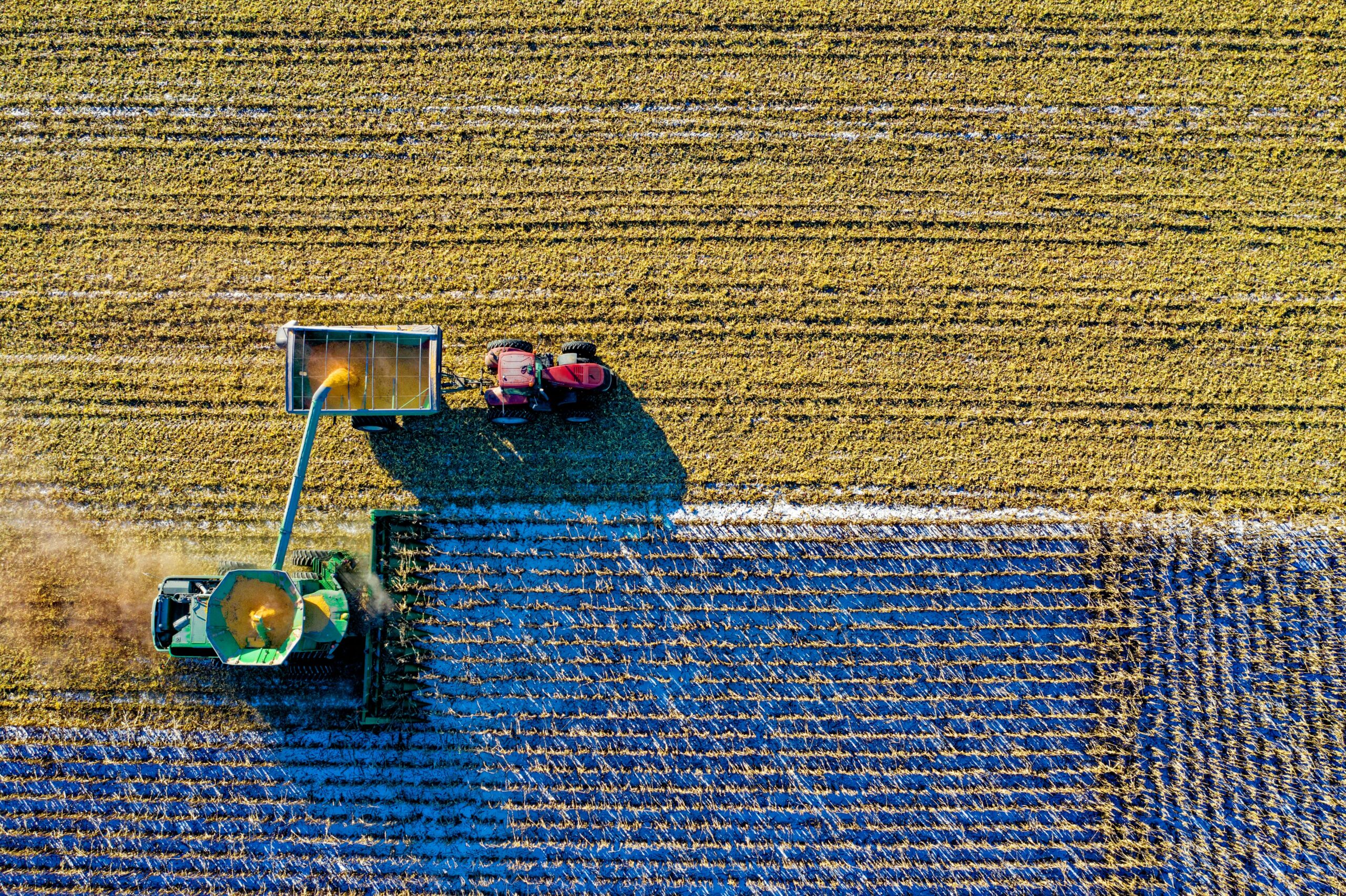In a wave of discontent rippling across Europe, thousands of farmers are taking to the streets to protest against a backdrop of rising costs, intensified trade competition, and perceived threats to their businesses from green and environmental policies at the national and EU level. What started as local grievances in France has swiftly spread in more countries like Belgium, Germany, and Italy, with tractors now forming blockades at border crossings in Poland and queues lining up before iconic landmarks like Berlin’s Brandenburg Gate. While the protests lack centralised European coordination, they share a common demand: a review of EU and national agricultural policies to ensure the sector’s survival and resilience in an increasingly challenging landscape.
Agriculture in the European economy
The significance of agriculture within the European Union transcends its modest contribution of 1.4% to the bloc’s GDP. Despite this seemingly small economic footprint, farming plays a pivotal role in ensuring food security and sustenance for millions across Europe. However, this critical sector faces multifaceted challenges, underscored by its substantial environmental impact, responsible for approximately 11% of the EU’s greenhouse gas emissions. While the EU boasts a trade surplus of €33 billion in agricultural products, the industry has been battered by the compounding effects of the pandemic and rising energy prices. Escalating costs of diesel, labour wages, and fertilizers have imposed significant financial strains, exacerbated by the disruptive force of climate change. Extreme weather events, such as droughts and floods, have ravaged crops essential for basic food supplies, amplifying the vulnerability of agricultural systems.

Amidst these challenges, the EU’s climate policies loom large, with the European Green Deal emerging as the overarching framework guiding the Union’s sustainability agenda to carbon neutrality by 2050. However, the pursuit of climate neutrality entails targeted regulations that are perceived by farmers as a threat to their profitability, as the imperative for sustainable agriculture demands costly adaptations. Balancing the imperative for environmental sustainability with the economic viability of farms remains a complex challenge as Europe navigates its transition towards a greener future.
MERCOSUR, free trade, and competition
European farmers find themselves ensnared in a complex web of challenges exacerbated by the influx of imports facilitated by trade agreements that seemingly favour foreign producers. European farmers face an uphill battle against a tide of competition that is bound by fewer sustainability regulations. The allure of a wider range of lower-priced goods may tempt consumers, but for farmers, it poses a significant threat to their economic viability.

At the heart of their concerns lies the looming specter of the proposed free trade agreement with MERCOSUR (Southern Common Market), a bloc comprising Argentina, Brazil, Paraguay, and Uruguay. Negotiations for this agreement have spanned for nearly 25 years and are supposed to be concluded soon. Should the agreement come to fruition, European markets could experience a rise in the imports of agricultural products from South America’s powerhouse economies, known for their robust exports of bovine meat and poultry, but also fruit, rice, and wine.
The anxieties surrounding the EU-MERCOSUR agreement are also compounded by the disparities in regulatory standards between Europe and the bloc. While European farmers must adhere to stringent and growing sustainability regulations, they worry that their counterparts in South American countries enjoy a competitive advantage, clear of similar constraints. In fact, the environmental chapter of the trade agreement has emerged as a focal point of debate, and remains the most important chapter still subject to negotiations currently.
Despite speculations of a near end to the conclusion of the agreement, the protests have now fueled European opposition to the agreement on the basis that farmers will be unable to compete with tariff-free imports. Farmers urge to reassess European and national trade and agricultural policies to safeguard their interests instead.

Similar claims have been raised with regards to the competitive edge that Ukraine has gained. In June 2022, the EU removed all tariffs and quotas on Ukrainian imports in order to facilitate transit via land routes and offer an alternative to the Black Sea route that was compromised by the war. However, this move towards a free-trade regime resulted in a surge of Ukrainian cereals flooding neighbouring countries, prompting protests from local farmers. These farmers argued that the influx of low-cost produce was driving down prices, saturating storage facilities, and creating unfair competition. Import volumes of poultry, eggs, and sugar from Ukraine also saw significant increases. Poland, Hungary, and Slovakia then imposed immediate national bans on various agricultural products imported from Ukraine. Romania and Bulgaria swiftly warned they would do the same.
Implications for Governments
- Policy review: European governments are pressured to conduct a comprehensive review of existing agricultural policies to identify areas requiring reform. This includes revisiting subsidy structures, regulatory frameworks, and support mechanisms to better align with the evolving challenges faced by farmers, such as rising costs and climate change impacts.
- Reconciling competing priorities: though the EU desires to lead action against climate change, it is a crossroads matching it with ensuring the economic viability and competitiveness of domestic producers in the face of intensified global competition and trade liberalisation. The EU will need to find a balance between environmental regulation and socio-economic conditions to ensure a sustainable and prosperous future for European agriculture.
- Trade negotiations: As France did, more EU governments may prioritise the interests of local agricultural producers and maintain a level playing field against foreign importers. This may entail imposing stricter regulatory requirements on imported agricultural products or delay current trade negotiations to protect domestic markets.
- Monitoring and assessment: Governments of MERCOSUR countries may want to closely monitor EU policy developments relevant to the adoption of the agreement. For now, MERCOSUR governments can assess the consequences of farmers’ protests delaying the adoption of the free-trade agreement.
Implications for Private Firms
- Supply chain disruptions: Businesses reliant on agricultural inputs, such as food retails, may face disruptions due to the protests and potential policy changes. Uncertainty surrounding the future regulatory environment could impact supply chains, leading to delays, increased costs, and supply shortages. Firms must assess their supply chain vulnerabilities and explore contingency plans to mitigate potential disruptions.
- Multi-stakeholder engagement: Specific, interested sectors in the EU such as the industrial, automotive, and pharmaceutical sectors are concerned for farmers’ protests delaying the approval of the agreement. Firms in these sectors may benefit from collaborating among themselves, engaging with EU institutions, and communicating with the agricultural sector to support the conclusion of the EU-MERCOSUR agreement.
- Competition from European imports: Should the EU-MERCOSUR not be concluded due to the farmers’ protests in Europe, businesses in MERCOSUR may be alleviated from competition of European imports in MERCOSUR markets. Should the free-trade agreement be concluded instead, firms must anticipate increased competition and develop strategies to enhance efficiency, productivity, and product differentiation to maintain market share and profitability.

